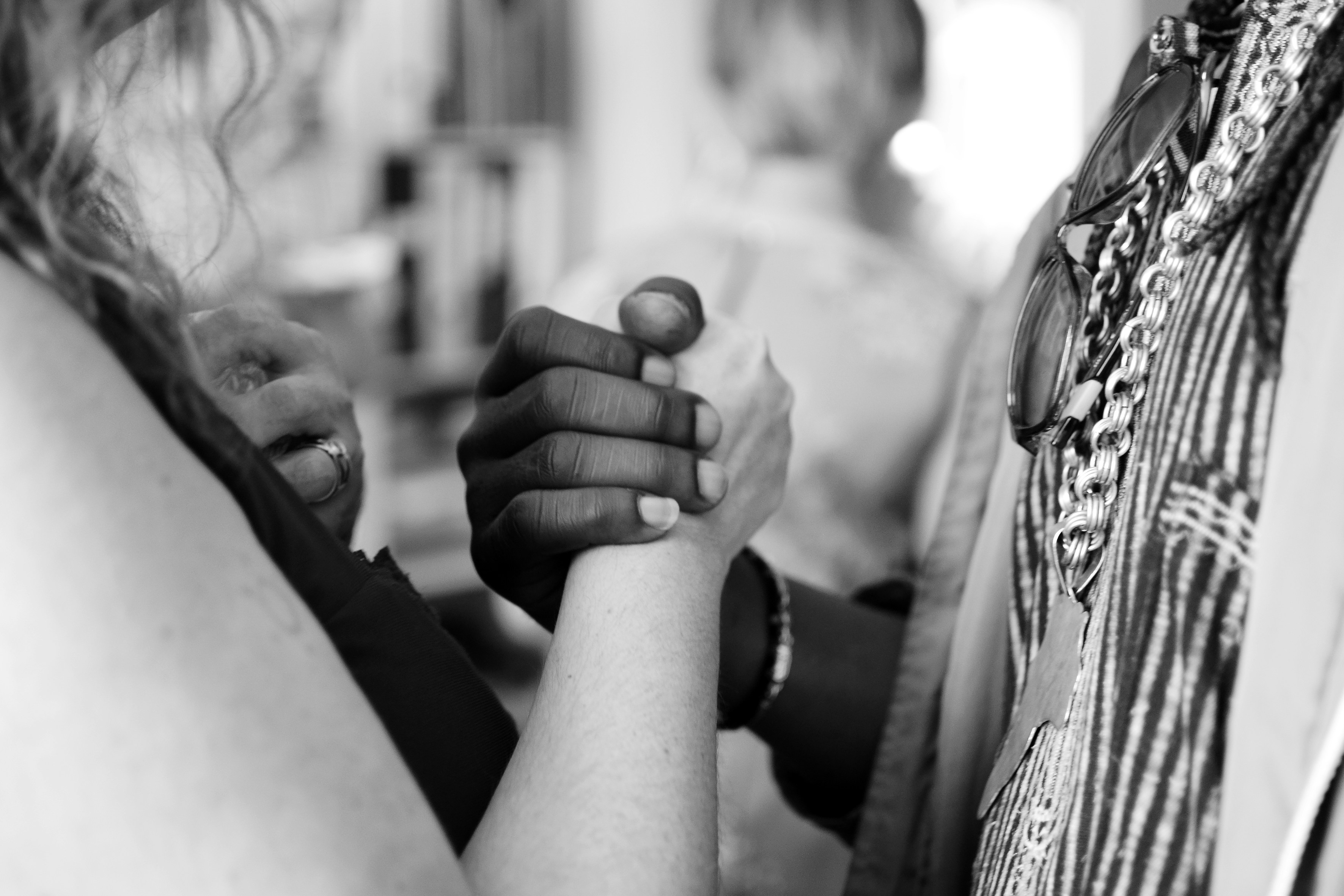The Subtle Art of Digital Body Language
Published on August 19, 2024
The Subtle Art of Digital Body Language

In an era where more of our communication happens through screens, we're developing a new form of non-verbal communication: digital body language. But are we fluent in this new language, and how is it affecting our relationships?
Picture this: You send a message to a friend, and they respond with "okay." Just that single word. How do you feel? Depending on your relationship and the context, that "okay" could mean anything from enthusiasm to indifference to passive aggression. Welcome to the world of digital body language, where a period can speak volumes and an emoji can change everything.
The Nuances of Digital Communication
In face-to-face interactions, we rely heavily on non-verbal cues like facial expressions, tone of voice, and body posture to interpret meaning. In the digital realm, we've had to adapt, creating new ways to convey tone and emotion. Some examples include:
- Capitalization for emphasis or "shouting"
- Punctuation to convey tone (e.g., using multiple exclamation points for excitement)
- Emojis to express emotion or add context
- GIFs to convey complex feelings or reactions
- Response time as an indicator of interest or prioritization
These digital cues can be incredibly nuanced. For instance, ending a message with a period might seem neutral to older generations, but to many younger users, it can come across as curt or even angry.
The Generational Divide
As with any language, fluency in digital body language varies. Younger generations who have grown up with digital communication often navigate these nuances instinctively. For older generations, it can be more challenging, leading to potential misunderstandings in cross-generational communication.
This divide can be particularly pronounced in family dynamics. A parent might send a message they consider neutral, while their teenage child interprets it as cold or angry based on the digital body language.
The Impact on Relationships
The implications of digital body language on our relationships are significant. Misinterpretations can lead to unnecessary conflicts, while skillful use can enhance connection even across distances. Some key impacts include:
- Increased potential for misunderstandings
- New ways to express affection and maintain closeness
- Changes in expectations around communication frequency and response time
- Challenges in conveying complex emotions
- New forms of social anxiety related to digital communication
Navigating the Digital Landscape
So how can we become more fluent in digital body language and use it to enhance our relationships? Here are a few tips:
- Be aware of your digital tone and how it might be perceived
- When in doubt, ask for clarification rather than assuming intent
- Use emojis and GIFs to add emotional context to your messages
- Be mindful of response times and what they might communicate
- Have open conversations about digital communication preferences with friends and family
As our digital lives continue to evolve, so too will our digital body language. By staying aware and adaptable, we can use these new forms of communication to strengthen our connections rather than strain them.
If you're looking for more support in navigating digital communication and family dynamics, consider trying Thinker, an AI-powered tool designed to improve communication and provide mental health support.


